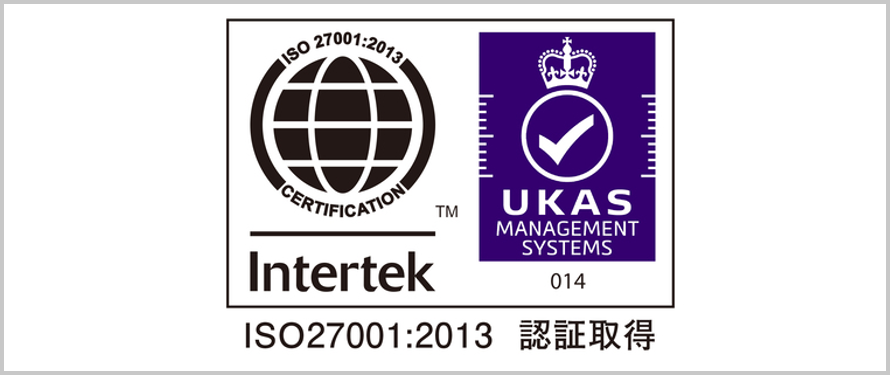Please tell me about AWS CloudFormation
![]() AWS CloudFormation is an IaC (Infrastructure as Code) service that allows you to model, automatically deploy, and version control AWS and third-party resources by treating AWS infrastructure configurations as code. AWS resources built by AWS CloudFormation are called stacks, and stacks are built based on blueprints in JSON or YAML format called templates.
AWS CloudFormation is an IaC (Infrastructure as Code) service that allows you to model, automatically deploy, and version control AWS and third-party resources by treating AWS infrastructure configurations as code. AWS resources built by AWS CloudFormation are called stacks, and stacks are built based on blueprints in JSON or YAML format called templates.
By modifying the template, specifying the stack, and re-adapting it, you can change the configuration of AWS resources on the stack or delete the resources. Also, by using the same template, you can create a new AWS environment as a separate stack in a different region.
By describing the required resources and their dependencies in a CloudFormation template, you can start and configure them all at once as a single stack. You can use templates and create/update/delete the entire stack as a unit whenever you need to, without having to manage resources separately. You can also manage and provision stacks across multiple AWS accounts and AWS Regions.
Features of AWS CloudFormation
● Coding infrastructure
AWS CloudFormation can express infrastructure as code and create a template. Templates include definitions of AWS resources, relationships between those resources, and parameters for configuring them. Instead of creating resources manually, you can deploy resources that you define in code. It automatically creates and configures AWS resources, which is more consistent and reliable than doing it manually.
● Version Management
Manage multiple versions of templates, compare different versions, track changes, and even rollback if necessary. You can also export specific versions of templates or store them in an S3 bucket for release management.
● Scalability
AWS CloudFormation is designed to support large-scale applications and supports large numbers of AWS resources. You can also manage resources that are not supported by AWS CloudFormation by using custom resources created with AWS Lambda functions.









